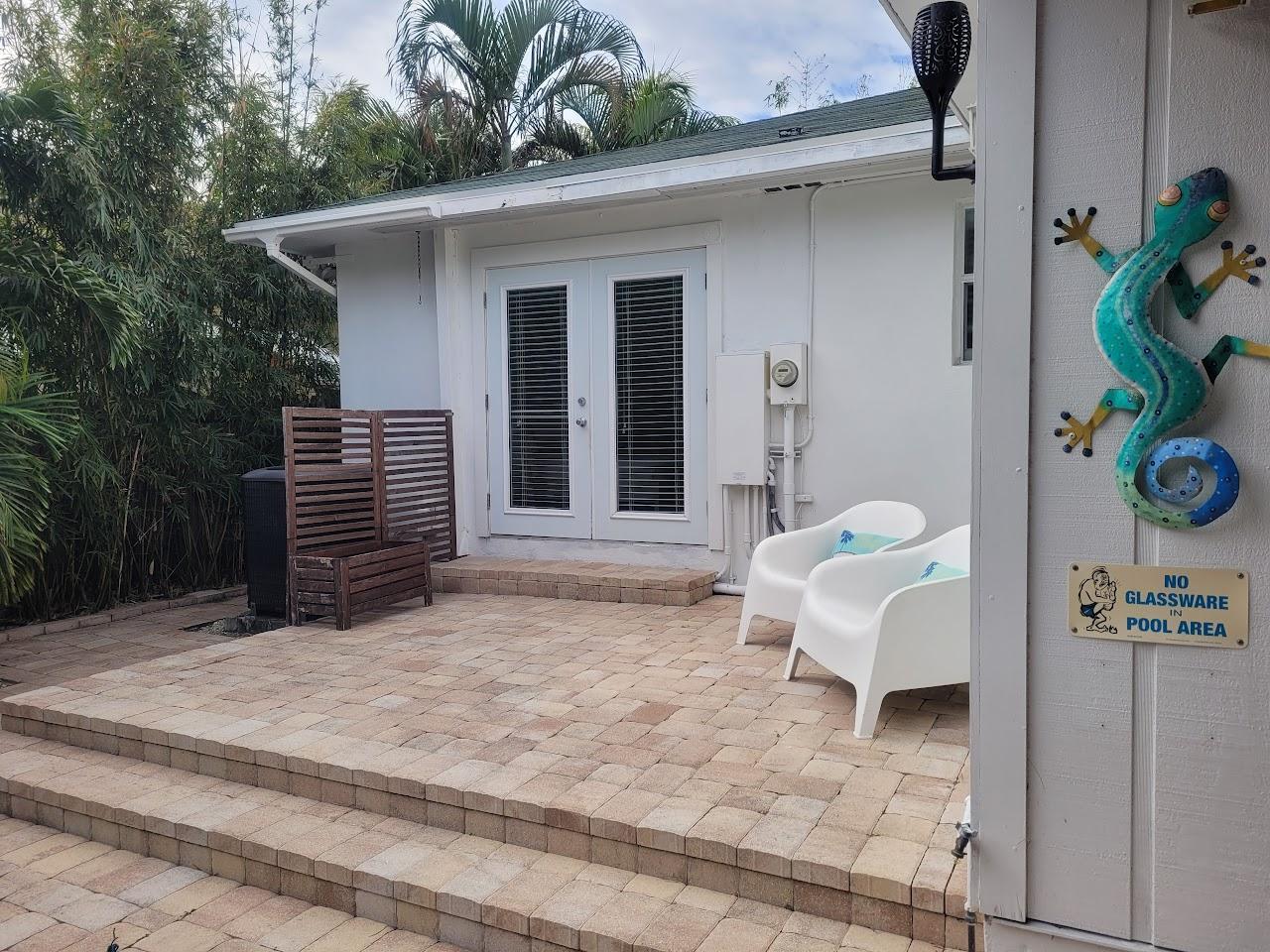Halfway houses are essential to sustainable sobriety because they provide a unique environment for residents as they transition from treatment to independent living. Balancing independence and accountability is a fine line central to personal growth and long-term healing. This blog explores the experiences of halfway house residents, examining the lessons they have learned about autonomy, self-control, and the power of community support.
Understanding Halfway Houses
Halfway Houses are places where people who have been addicted to drugs can live while recovering. They facilitate a structured environment that gradually reintroduces responsibilities and freedoms. These facilities assist those who require such a supportive society to manage the challenges faced during the early days of recovery.
The Importance of Autonomy
One of the significant benefits of living in a halfway house is regaining independence. For example, residents often mention how retaking care of themselves improved their lives significantly. Most importantly, taking charge of everyday routines like making meals or managing money encourages them to become more confident. Thus, above all, these actions mean a lot towards their self-assurance revival.
Self-Discipline and Structure
One learns about maintaining personal discipline and structure while living in a halfway house. Typical rules within such institutions include curfews, doing chores, attending mandatory meetings, etc. Some may see them as limiting, but through this sense of responsibility, residents come out strongly with discipline in life. Rather than rebelling against such structures, many will confess that this adherence helps them acquire behaviors necessary for maintaining lifelong sobriety.

Communal Support and Accountability
We cannot overemphasize the communal aspect associated with halfway homes; sharing space with other recovering addicts forms a fantastic bond among them, hence creating mutual trust among peers. It’s not rare for roommates to cultivate deep relationships that help one another through hard times or celebrate good ones. Residents rely heavily on each other, as they are part of a more extensive support system that provides accountability and encouragement in their journey toward recovery.
Personal Growth Through Challenges
Living in a halfway house has its challenges. Residents often face temptations and stressors that threaten their sobriety. However, these obstacles are necessary for personal growth. The stories most residents share also involve helping others overcome these challenges, thus making them stronger and more resilient individuals. By teaching people how to cope with life’s struggles under peer mentors’ guidance, halfway homes prepare them for the difficulties they will encounter once they move into independent living.
Learning Financial Responsibility

Managing personal finances is one of the many ways to regain independence. Often, residents have an opportunity to work and save money while still staying at halfway houses. This experience is essential for learning financial responsibility because one knows how to budget and plan for future events—managing finances while at a halfway house lays a foundation for post-recovery financial stability.
Building a Future Beyond Recovery
Some halfway houses go beyond just focusing on treatment; they prepare residents for life after recovery by offering job training programs or providing avenues for higher education. They are designed to help residents acquire the skills and confidence required to have a meaningful life free from drug or alcohol dependency. Many former occupants express appreciation for being helped to make useful plans regarding their future success outside the halfway home.

Conclusion: Embracing the Journey
The journey through a halfway house is a transformative experience. By balancing independence with accountability, residents learn valuable life lessons crucial for sustaining sobriety and achieving personal growth. The blend of autonomy, structure, communal support, and practical life skills creates a solid foundation for a sober, fulfilling future.
This blog aims to shed light on the critical role halfway houses play in the recovery process by sharing these insights and experiences. Understanding the balance between independence and accountability can inspire and guide those on their path to sobriety, highlighting the importance of supportive transitional living environments in achieving lasting recovery.
Call to Action for A New Life Sober Living Are you or a loved one seeking a supportive environment to transition from rehabilitation to independent living? A New Life Sober Living offers a nurturing and structured community to help you navigate the challenges of early sobriety. Our halfway houses provide the perfect balance of independence and accountability, empowering you to regain control of your life. With our dedicated support, you can build a solid foundation for long-term recover and personal growth. Take the first step towards a brighter future—contact A New Life Sober Living today and discover how we can support your journey to sustainable sobriety.






